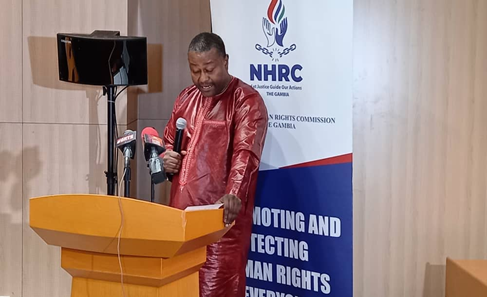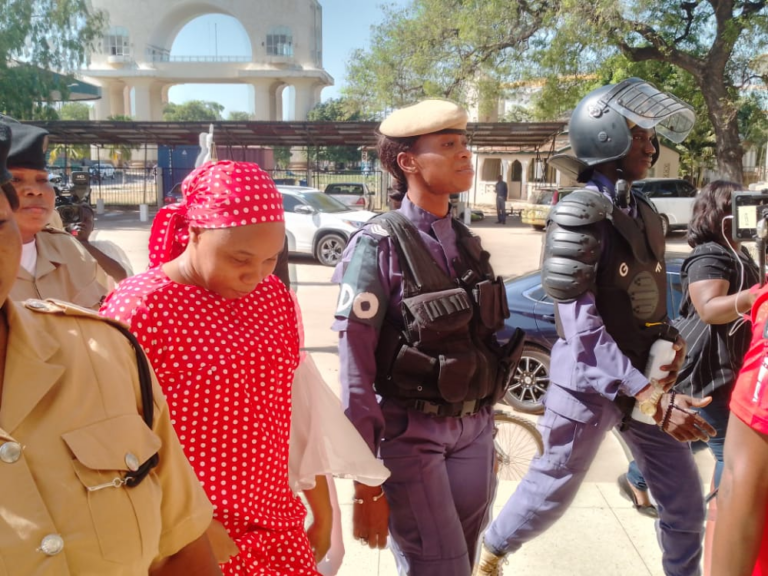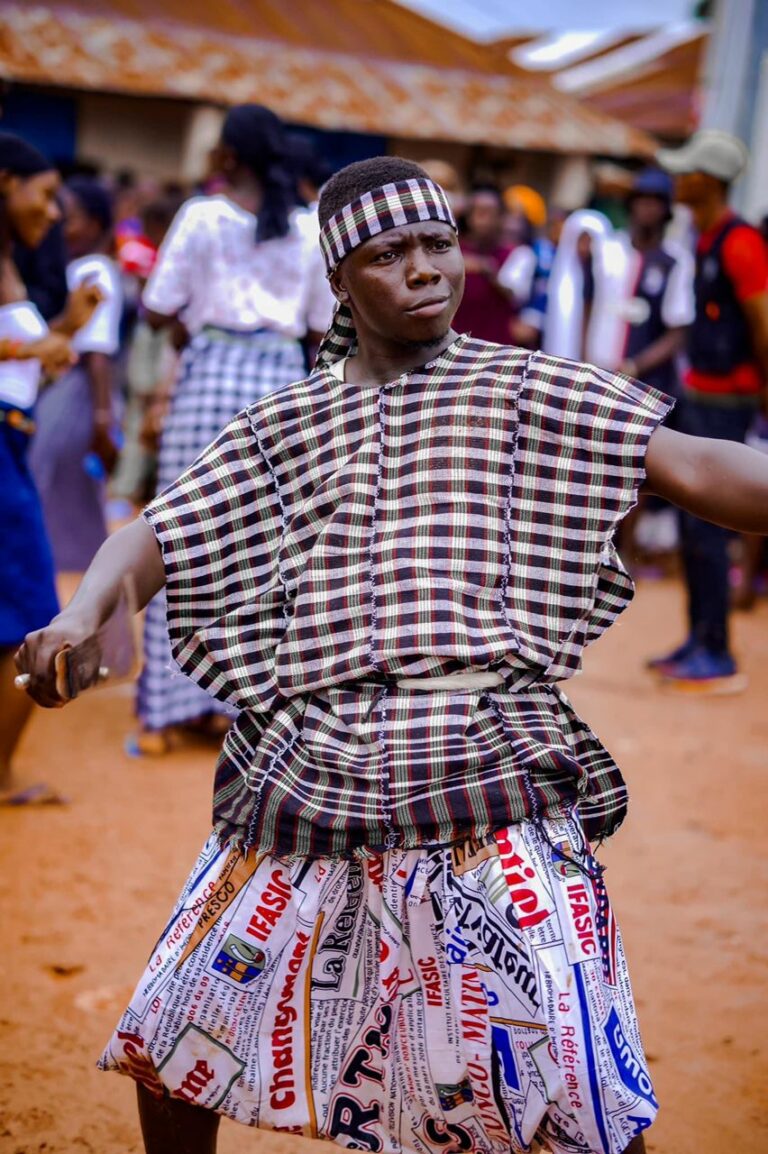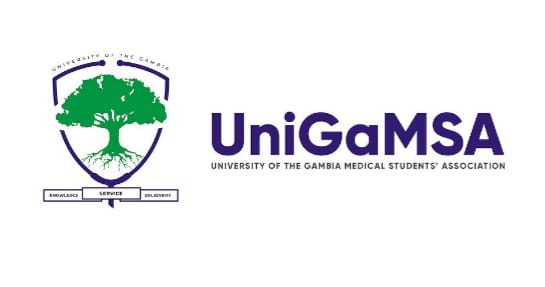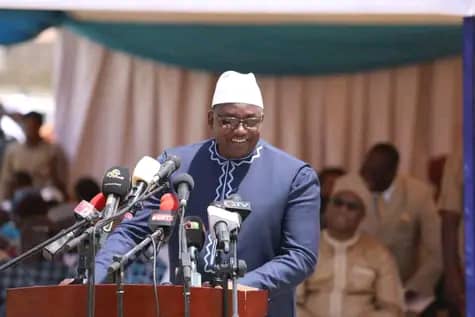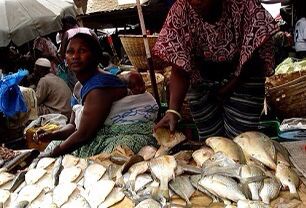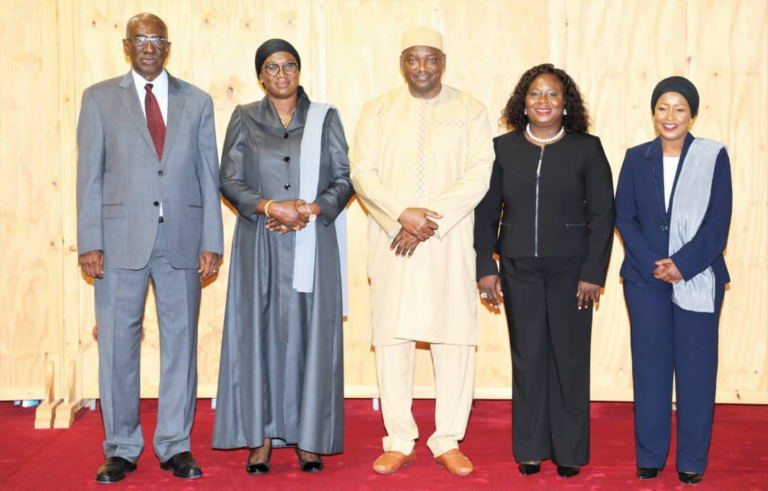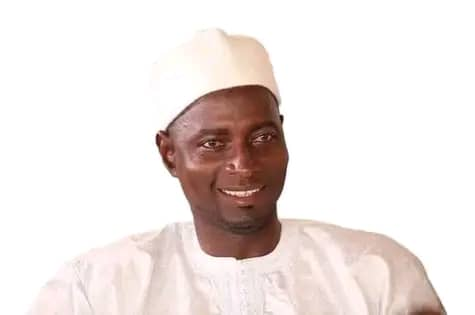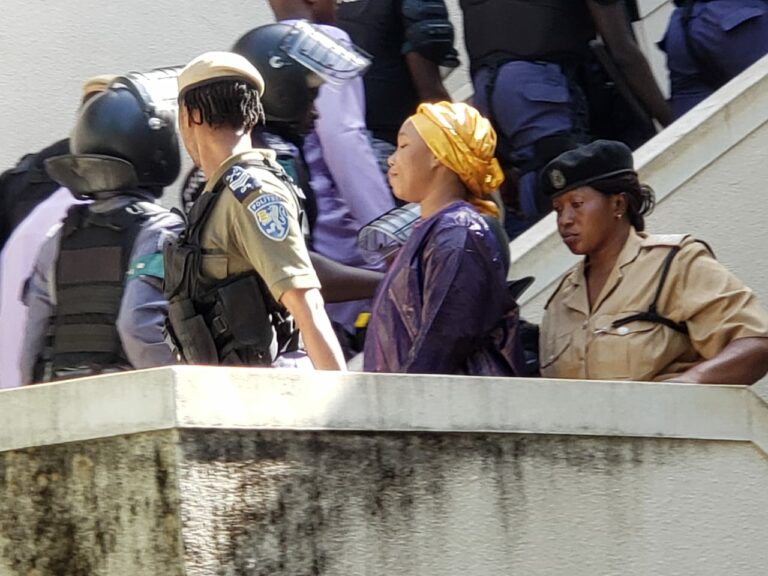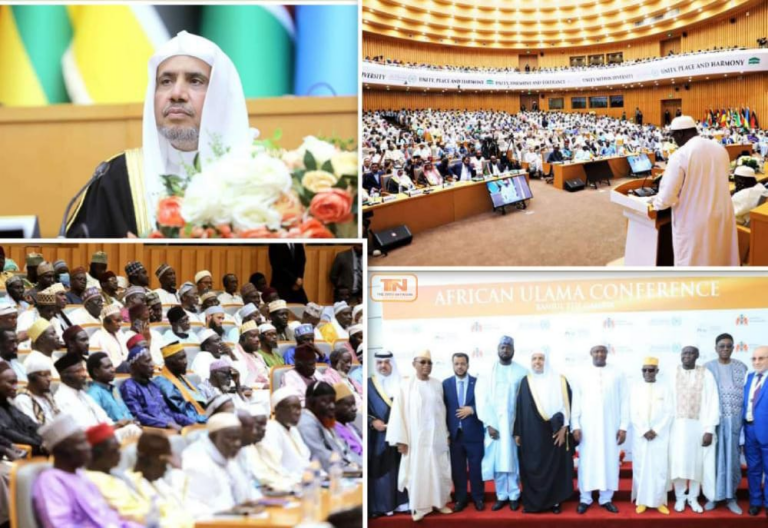The National Human Rights Commission (NHRC) has in a press statement expressed concerns over the reported shooting of four young persons by Senegalese forces at the Gambia-Casamance border.
“The National Human Rights Commission is disturbed and deeply concerned by the alleged unlawful shooting of four youths along the Gambia-Casamance border by Senegalese soldiers or their drones which has led to the death of three young people and the serious wounding of one who is battling for his life at Ndemban Clinic,” the press release noted.
The fatal incident is said to have taken place on Friday 9th December 2022.
The NHRC pointed out other reported allegations of human right abuses allegedly being committed by the Senegalese forces at the border areas.
“There are also allegations, albeit sometimes conflicting, that Senegalese forces along the Gambia-Casamance border continue to conduct abusive and systemic operations against innocent, unarmed and defenseless Gambians living in Foni, in particular Gambians living in the border villages. Incidents of abductions were also reported in similar circumstances in the area recently.”
The Commission called on the government to investigate the alleged shootings and take actions to ensure the protection of lives and property in border villages within the Gambia.
The NHRC further encouraged the Government to explore diplomatic measures through established rules of engagement under agreed protocols and international law to seek justice for the deceased.
“The Ministries of Defence and Interior are urged to issue public statements to assure citizens and the people living in The Gambia, particularly those in Foni and the border villages, of their safety and wellbeing at all times. It is the obligation of the State to protect and guarantee the lives of its citizens and other people within its jurisdiction, the sanctity of which is enshrined in the 1997 Constitution and other regional and international human rights instruments the Gambia is party to such as the 1951 Refugee Convention, as amended by the 1967 Protocol, 1969 OAU Refugee Convention and the 1998 UN Guiding Principles on the specific needs of internally displaced persons worldwide,” the press statement emphasized.
The State human rights body also urged the government to investigate the death of one Yankuba Badjie of Gifanga village, whose death was linked to similar circumstances by Senegalese soldiers on 20 November 2022.
The NHRC disclosed that it is making efforts to investigate the recent alleged incident and those that have taken place in the recent past, while calling on the Gambia government to safeguard the territorial integrity of the country, protect the citizens and residents of the Gambia and review the rules of engagement of foreign military forces/operations in the Gambia and around the Western Region borders.
Over the years, there have been several reports of human rights violations at the border areas as Senegalese forces continue to battle with rebel forces known as the Movement for Democratic Forces of Casamance (MFDC) which seek independence for the southern Senegalese region. Border villages in neighboring Gambia have been adversely affected by the protracted conflict between both forces.

